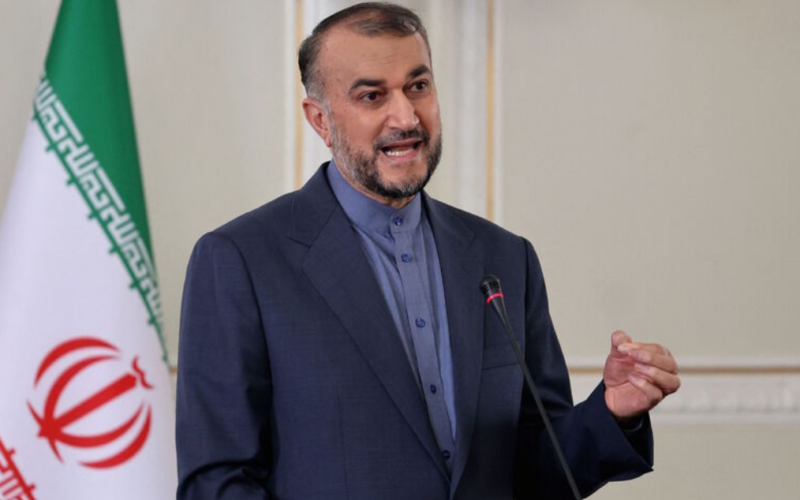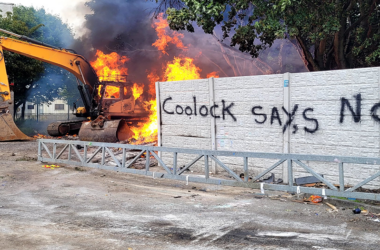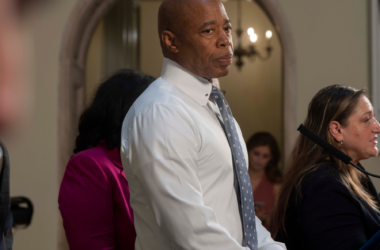In a significant diplomatic development, Pakistan announced on Monday that Iran’s Foreign Minister, Hossein Amir Abdollahian, is scheduled to visit the country next week. This visit signals a notable effort to rebuild diplomatic ties following recent hostilities that saw both nations engaging in missile strikes against what they claimed were militant targets. The decision to welcome the Iranian foreign minister aligns with concurrent moves to strengthen diplomatic channels, as ambassadors of both countries have been requested to resume their posts by January 26.
The backdrop of strained relations involves a recent exchange of missile strikes between Iran and Pakistan, targeting alleged militant bases. These strikes marked a high-profile cross-border escalation, raising concerns about regional stability, particularly in the aftermath of the Israel-Hamas conflict. Pakistan asserted that its strikes targeted bases belonging to the Baloch Liberation Front and Baloch Liberation Army, separatist groups operating in the southwestern province of Balochistan. In response, Iran claimed its missiles targeted militants affiliated with the Jaish al Adl (JAA) group, active in the shared border region.
In the wake of heightened tensions, Pakistan took several diplomatic measures, including the recall of its ambassador to Tehran and preventing the Iranian counterpart from returning to Islamabad. Additionally, Pakistan canceled various high-level diplomatic and trade engagements. The reciprocal moves by both nations underscored the severity of the situation and the need for a diplomatic resolution.
The upcoming visit of Iran’s Foreign Minister to Pakistan on January 29, 2024, reflects a diplomatic initiative to rebuild ties and foster dialogue. The invitation extended by Pakistan’s Foreign Minister, Jalil Abbas Jilani, highlights the commitment to engaging in constructive discussions to address the recent escalation and find common ground. The return of ambassadors to their respective posts further emphasizes the mutual interest in de-escalating tensions and restoring normalcy to bilateral relations.
The recent tensions and subsequent diplomatic maneuvers between Iran and Pakistan have regional implications, considering the strategic importance of the shared border region. Balochistan, rich in minerals and historically restive, remains a focal point for both nations. The visit of Iran’s Foreign Minister presents an opportunity for both sides to engage in meaningful dialogue, address concerns, and work towards regional stability.
As Iran’s Foreign Minister prepares to visit Pakistan, there is a cautious optimism for diplomatic reconciliation following recent hostilities. The willingness of both nations to engage in dialogue and reinstate ambassadors signifies a constructive approach to resolving the tensions. The upcoming discussions hold the potential to ease concerns, foster mutual understanding, and contribute to the broader goal of regional stability in a strategically significant area.








